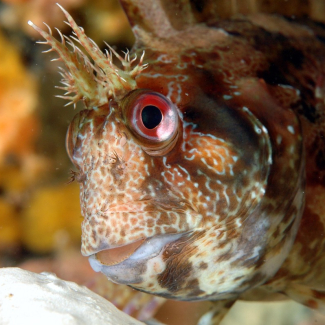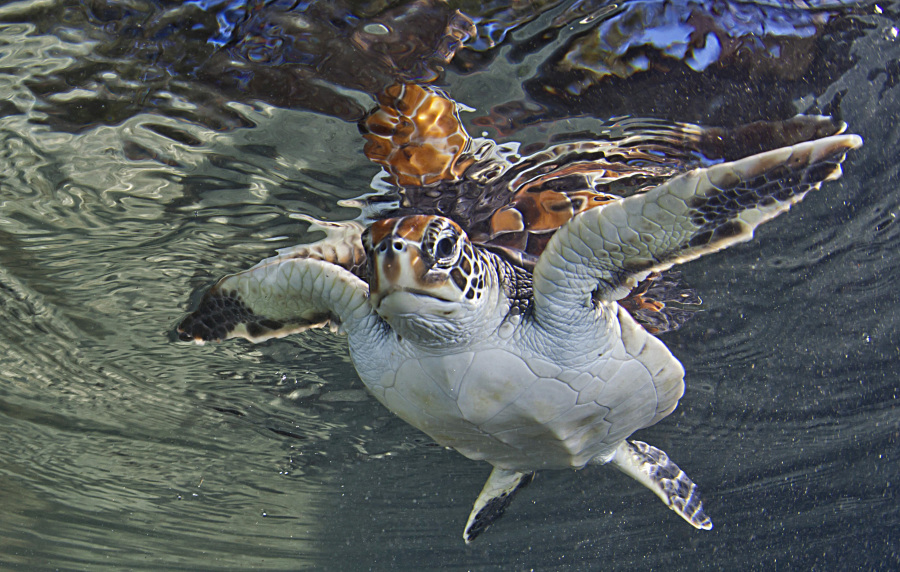
Halting biodiversity loss : political actions are required, not additional scientific knowledge
Over 15 years, almost 13,000 scientific papers have been published in the leading conservation science journals. Yet biodiversity remains threatened at a global scale. Two CNRS researchers have focused on this worrisome paradox by taking a deeper look at this large volume of literature. They found that one of the major problems is that decisions are usually more favorable to human activities than to nature protection. Their study appears in Trends in Ecology and Evolution (September 10).
What are researchers doing? The sixth mass extinction continues and is even accelerating, but conservation scientists, it is claimed, have no solutions to offer. Even more worrying, the researchers would be so pessimistic that the warnings they give could be counterproductive. But is this really the case? Two CNRS researchers1
have addressed this question. They examined the 12,971 research articles published during the last 15 years in the main scientific journals dedicated to conservation.
Excluding articles dealing with discussions in the discipline, they proposed the first extensive empirical assessment of the scientific background and output of conservation science in describing the current status of biodiversity, the threats, and the solutions accumulated by scientists.
Their initial conclusion is indisputable: the remaining threats to biodiversity today were already identified nearly 40 years ago, when they were quoted the “evil quartet.” They are (i) habitat destruction (ii) overexploitation of resources, i.e., overhunting or overfishing for example; (iii) introduction of invasive species; and (iv) co-extinctions that may be triggered by these factors. To these four well established threats we may add the concern of climate change, which further destabilizes natural environments. And it is not “exotic” biodiversity alone that is endangered: most research has focused on European ecosystems, showing that populations of common species and habitats are also suffering. This is, for example, the case for birds in the French countryside2 .
But fortunately, conservation research also reports good news: like the comeback of the wolf in Europe and clear improvements resulting from the application of conservation measures. Hence they conclude that conservation science is neither pessimistic nor optimistic — just realistic. According to the researchers, a lot of sustainable and human-friendly solutions are already available. The major obstacle is the demand for concessions even more favorable to resource exploitation rather than to nature protection, despite timid scientific recommendations.

The population of green turtles (Chelonia mydas) illustrates an impressive successful conservation measure. After concrete protection and banning their trade that had decimated their population, the average number of green turtle clutches deposited annually at Ascension Island has increased sixfold between 1977 and 2013.
(Photograph taken on Mooréa)
- 1They are Laurent Godet of the LETG joint research unit (CNRS/EPHE/Université de Bretagne Occidentale/Université Caen Normandie/Université d'Angers/Université de Nantes) and Vincent Devictor of the Institute of Evolutionary Sciences of Montpellier (CNRS/IRD/EPHE/Université de Montpellier).
- 2On average, populations of specialist species—including the skylark, the whitethroat, and the ortolan—have shrunk by a third in 15 years. See View web site
What conservation does. L. Godet & V. Devictor. Trends in Ecology and Evolution, September 10, 2018.


